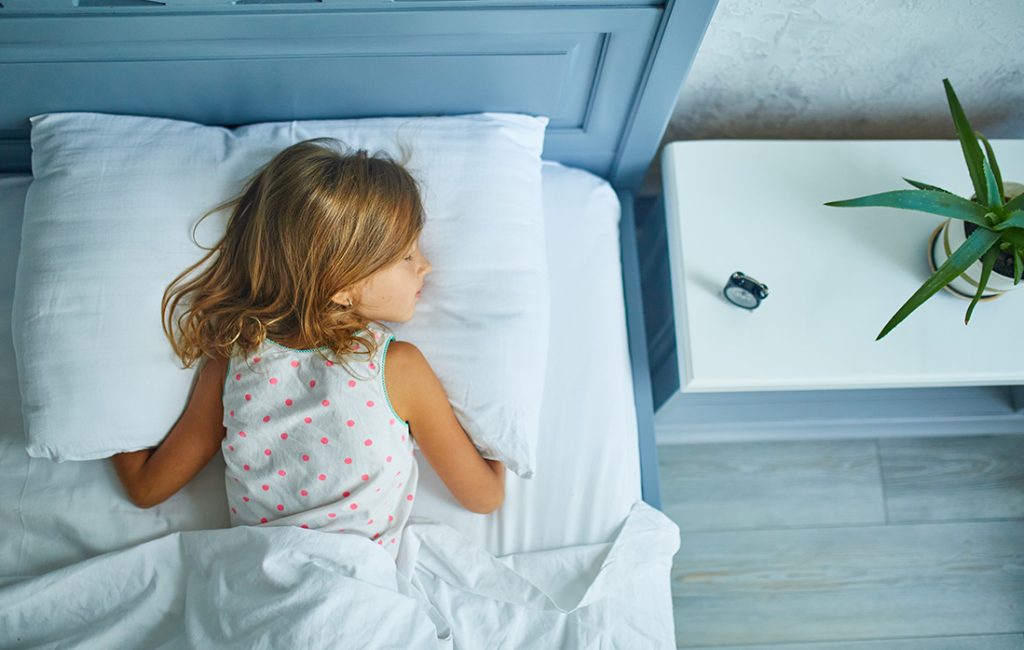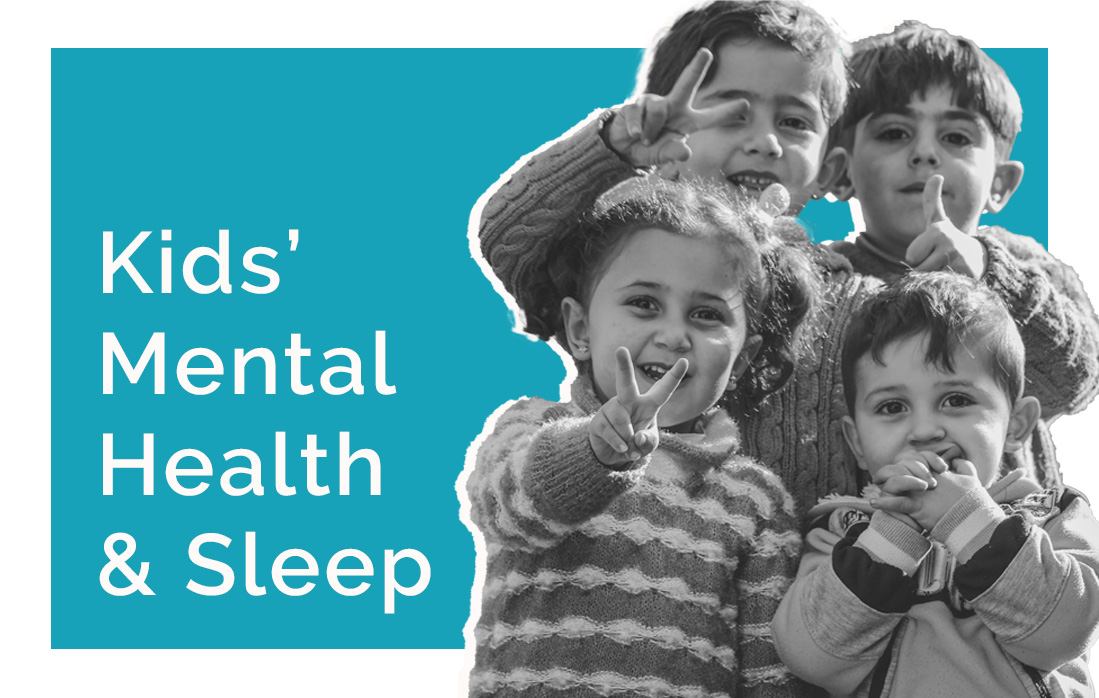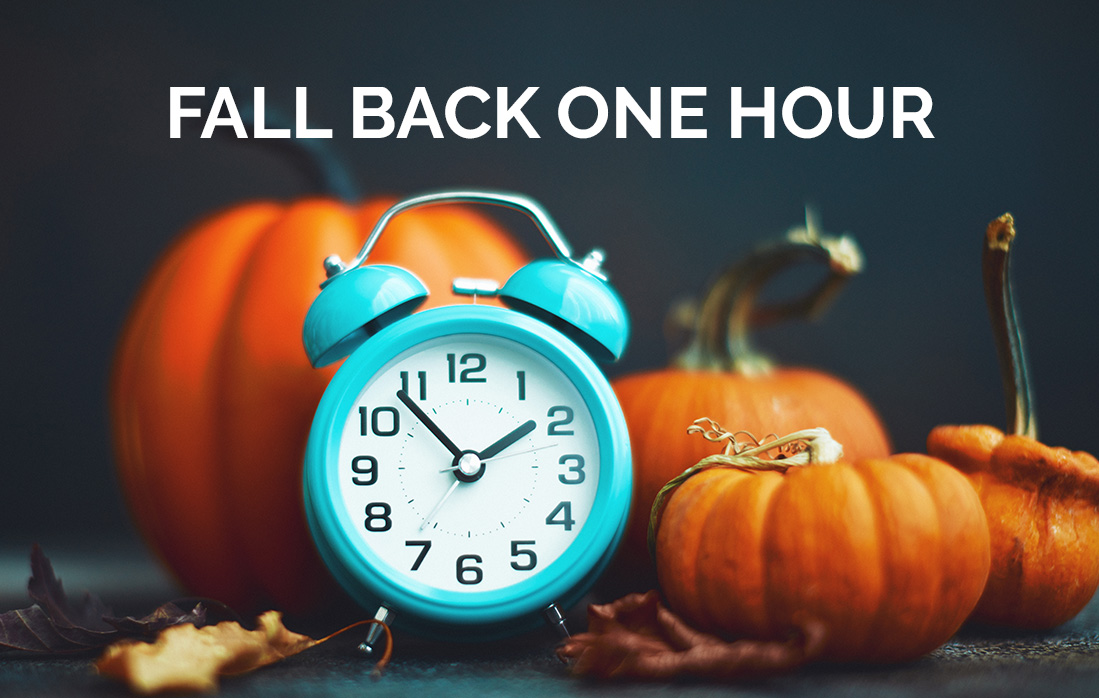
Since the pandemic, all eyes have been on increasing rates of mental health concerns in kids and teens. As sleep experts know, these mental health issues, and sleep concerns, are often wrapped up into one tangled ball, interrelated and sometimes complicated to fix. New research points to the fact that both the sleep quality and the sleep quantity together can have implications for mental health concerns in kids.
A soon-to-be-published Chinese study has found that the duration and sleep quality of middle school students directly correlates to depressive symptoms. (1) It also identified that adolescents with poor sleep quality and short sleep duration had a significantly increased risk of depression.
The study used a cross-sectional survey of 8,775 Chinese adolescents, asking questions pertaining to demographics, sleep quality, habits, sleep duration, and any depressive symptoms participants might have experienced.
In addition to identifying the correlation between sleep quality, duration, and depressive symptoms, the study also found that an older age of the adolescent and lower family economic status increased the risk of developing depression in adolescents.
Previous Studies on Sleep & Depressive Symptoms
This isn’t the first time researchers have drawn the connection between sleep issues and depressive symptoms. A 2023 Spanish study of 12-17 year olds found that girls were more affected by sleep quality, duration, and depressive symptoms than boys. (2) Another Chinese study of 7th and 8th graders found that there was a reciprocal or mutual relationship between depression symptoms and sleep time. (3)
Yet, societal demands often push kids into difficult sleep patterns, especially during the school year where start times are often exceptionally early for middle and high school students — an issue some are advocating to change. Some schools have even already taken steps to push back start times.
Additional factors often impede teen and preteen sleep, from poor sleep hygiene, such as inconsistent bedtimes, to screen use well into the night, including social media.
How Important is Professional Help for Teens?
For those in the cycle of poor sleep and increased depressive symptoms, getting professional help with both simultaneously is essential. After all, anyone who has dealt with a mental health concern knows it can be hard to sleep, and getting little sleep makes many people a whole lot more moody, irritated and depressed. Reaching out to sleep physicians, and also an experienced mental health professional, including a psychologist, psychiatrist, and/or therapist, depending on the situation, is a great start.
Steps Parents Can Take to Help Their Kids
But there are steps parents can take now, while they get that process started, including:
- Helping kids identify and protect consistent bedtimes even in the face of schedule changes with summer in full swing
- Teach them about sleep hygiene, and the necessity of “winding down” before bed, through calming activities, low lights, and decreased screen time
- Increase activity with your kids earlier in the day, but also help them avoid caffeine too close to bedtime
These changes, and intervention from professionals, can help ease the chicken and the egg style loop between mental health concerns and sleep issues.

A Complete Guide to Kids’ Mental Health and Sleep

Believe It or Not, Medical Clowns Actually Help Kids Sleep Much Better in Hospitals

Can the End of Daylight Saving Time Worsen Seasonal Depression?

Early Birds May Have A Lower Risk Of Depression, Study Finds
Sources
1. Zhang, Xinkai; Dou, Zhaobo; Yang, Fengying; Luo, Lin; Jie, Yang; “Exploring the Relationship between Sleep Patterns and Depression among Chinese Middle School Students: A Focus on Sleep Quality versus Sleep Duration,” Front. Public Health; https://www.frontiersin.org/journals/public-health/articles/10.3389/fpubh.2024.1383884/abstract; 2024.
2. Quevedo-Blasco R, Díaz-Román A, Quevedo-Blasco VJ. Associations between Sleep, Depression, and Cognitive Performance in Adolescence. European Journal of Investigation in Health, Psychology and Education. 2023; 13(2):501-511. https://doi.org/10.3390/ejihpe13020038
3. Cao, X. (2023). Sleep Time and Depression Symptoms as Predictors of Cognitive Development Among Adolescents: A Cross-Lagged Study From China. Psychological Reports, 0(0). https://doi.org/10.1177/00332941231175833
